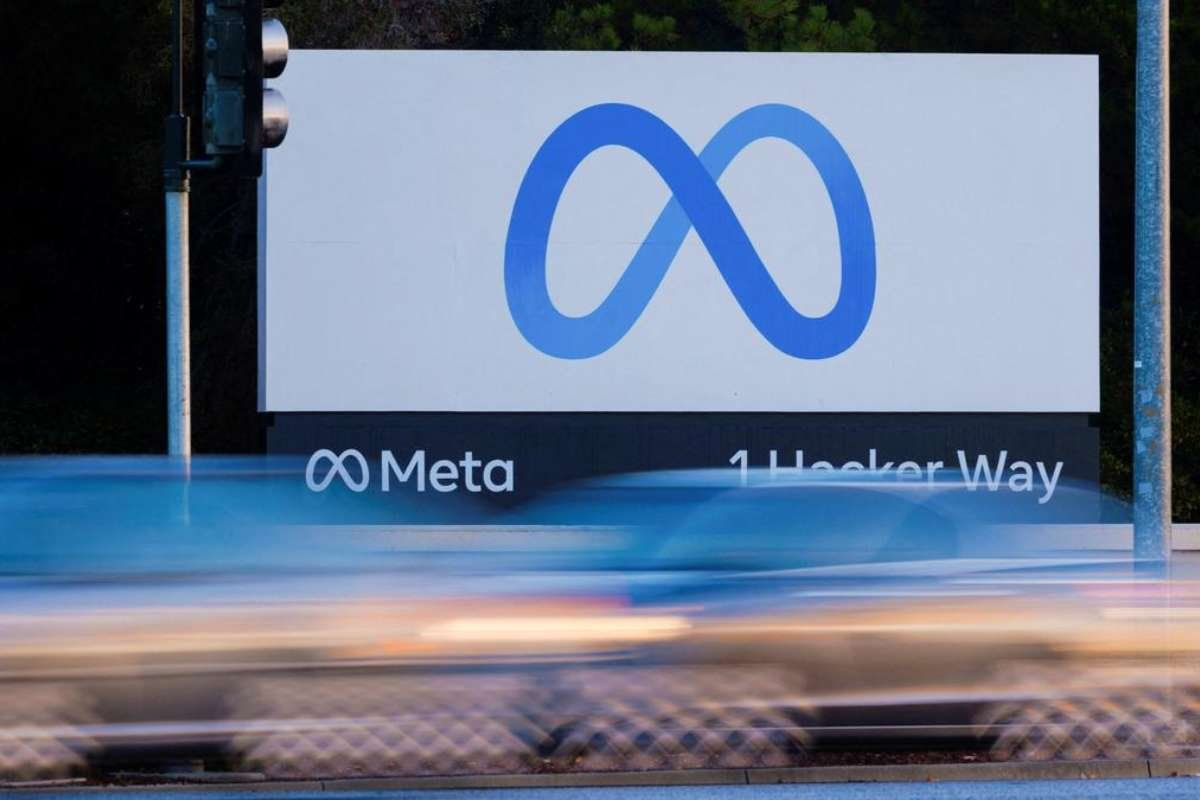Meta’s Strategic Move Raises Eyebrows
Meta’s recent $14.8 billion investment in Scale AI has stirred significant debate across the tech and regulatory landscape. The deal, announced on June 13, gives Meta a 49% nonvoting stake in the data-labeling startup and includes the hiring of Scale’s CEO, Alexandr Wang. While this is Meta’s second-largest investment ever, it’s notably structured to avoid antitrust scrutiny since Meta does not acquire a controlling interest.
Scale AI, known for employing gig workers to manually label data for training artificial intelligence models, counts several tech giants among its clients, including Meta’s competitors Microsoft and OpenAI. While Meta insists the deal will not harm competition or compromise clients’ confidential data, Alphabet-owned Google has already severed ties with Scale AI, and other clients are reconsidering their contracts.
Despite the minority stake, regulatory agencies may still investigate the transaction if they suspect it was structured to bypass legal oversight. Scale AI issued a statement affirming its continued commitment to safeguarding client data and maintaining a strong business foundation. Wang, who will now work at Meta, will remain on Scale’s board under restricted conditions to limit sensitive information access.
Regulatory Landscape Under the Trump Administration
Industry experts note that large tech firms may feel more comfortable pursuing such partnerships under Donald Trump’s presidency. William Kovacic, director at George Washington University’s competition law center, said that while Trump’s administration appears less interested in regulating AI growth, it remains cautious of tech monopolies. This could mean increased scrutiny of major deals like Meta’s, even if they are structured to seem legally sound.
Previously, the Biden administration’s Federal Trade Commission (FTC) launched investigations into similar “acquihire” deals, where large companies hire teams from smaller startups instead of acquiring the firms outright. These include Amazon’s agreement to bring in executives from Adept AI and Microsoft’s $650 million arrangement with Inflection Scale AI, which included hiring nearly all the staff and access to its models.
So far, the FTC has not taken enforcement action on either deal, and Amazon’s deal concluded without regulatory pushback. However, Microsoft continues to face broader antitrust scrutiny. The FTC has remained silent on whether Meta’s latest investment will face a similar review.
Legal and Political Reactions Intensify
Legal experts suggest Meta’s strategic choice to acquire only a minority, nonvoting share might provide legal cushioning. David Olson, antitrust law professor at Boston College, believes this structure minimizes immediate regulatory risk but does not eliminate the possibility of future investigation.
Political figures have also begun weighing in. Senator Elizabeth Warren has called for a close examination of Meta’s investment, warning that the deal could illegally enhance Meta’s dominance. She urged antitrust authorities to step in if the transaction breaches federal laws.
Meanwhile, the Department of Justice is also monitoring similar AI partnerships. Bloomberg recently reported that the DOJ is investigating whether Google’s collaboration with Character.AI was intended to sidestep antitrust review. As the competitive landscape of Scale AI intensifies, Meta’s bold move could become a bellwether for future partnerships—and regulatory responses—in the fast-evolving artificial intelligence arena.
Visit more of our news! Business Viewpoint Magazine.








